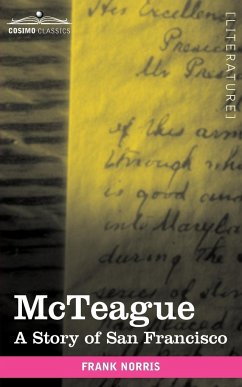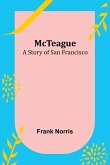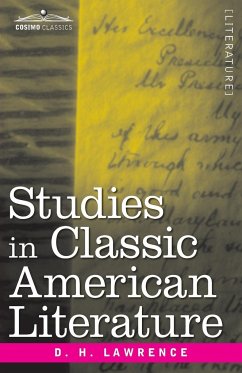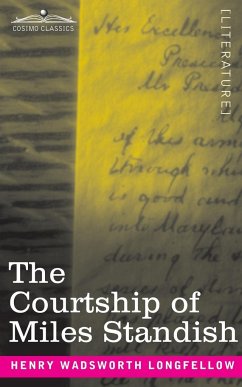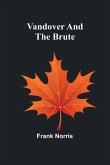Like his more famous contemporary Upton Sinclair, American author BENJAMIN FRANKLIN NORRIS, JR. (1870-1902) also highlighted the corruption and greed of corporate monopolies in the late 19th and early 20th centuries... themes that continue to make his work riveting reading more than a century later. McTeague, first published in 1899, is the tale of a poor, not-too-bright San Francisco dentist, his stingy wife, and a winning lottery ticket that causes more problems than it solves. A forgotten classic of late-19th-century literature of social criticism-it served as the basis for Erich von Stroheim's famously "lost" 1924 film Greed-this remains a highly entertaining read.
Hinweis: Dieser Artikel kann nur an eine deutsche Lieferadresse ausgeliefert werden.
Hinweis: Dieser Artikel kann nur an eine deutsche Lieferadresse ausgeliefert werden.

